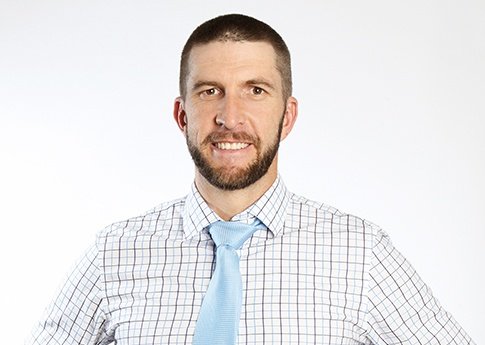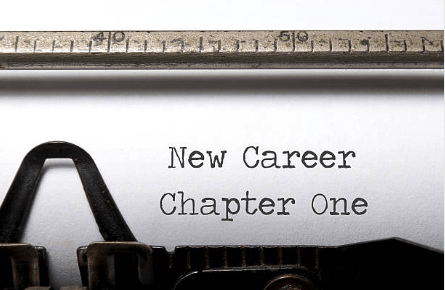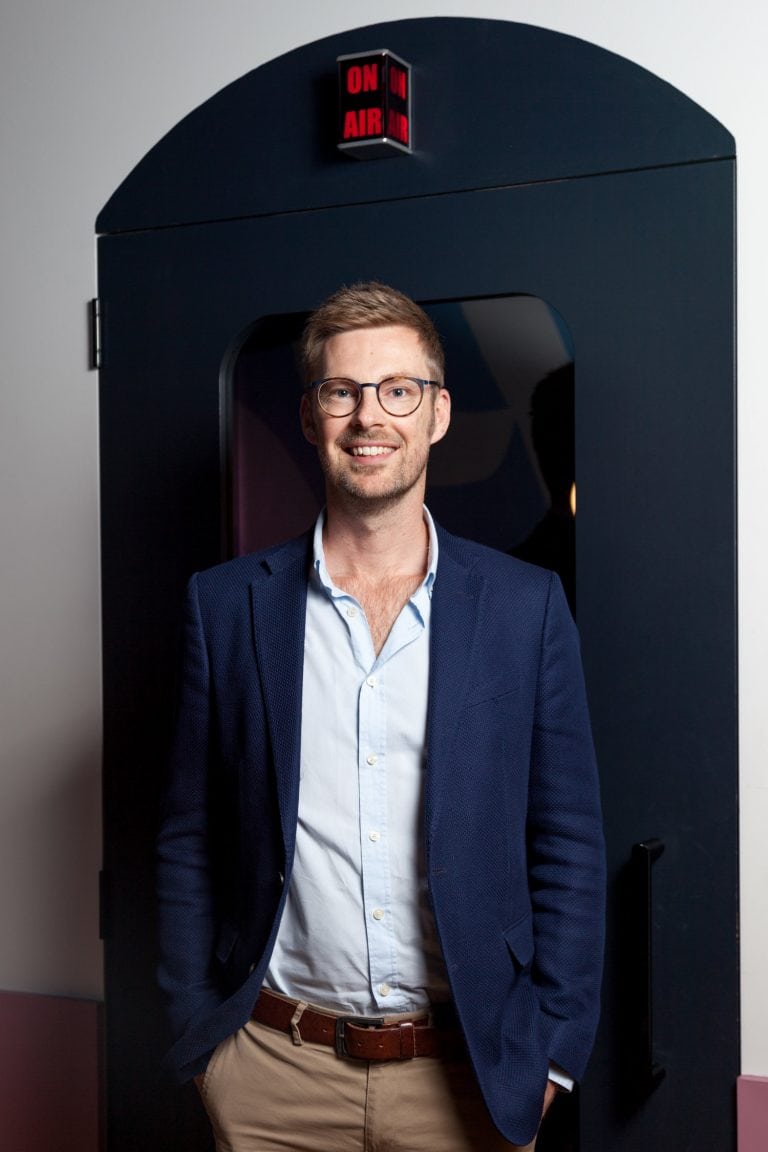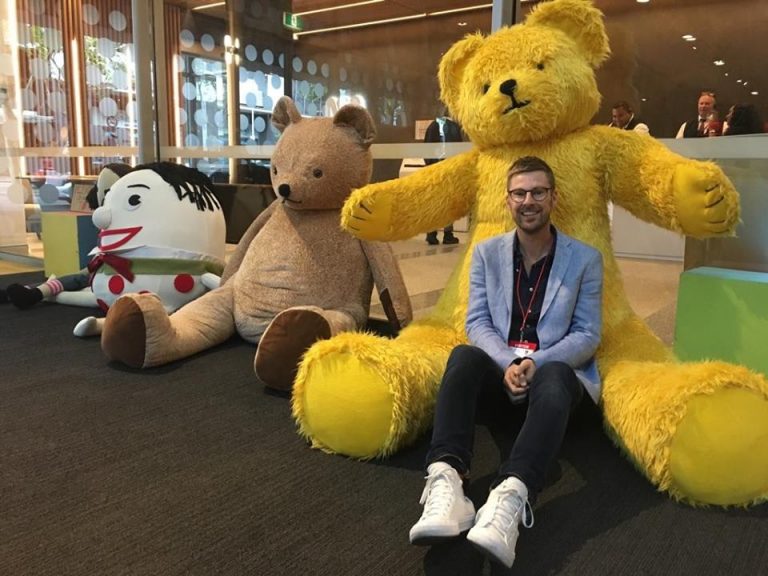Q&A with Dan Hinton
We were lucky enough to interview Dan Hinton, Group General Manager at St Hilliers, responsible for the operations across the construction and property group for the last 10 years. We asked several pointy questions about the construction industry, and got his views on some pressing leadership topics and what he thinks are the key ingredients to run a successful business.
- What gives you the most meaning at work?
As a young bloke you are drawn to the construction industry because you like building things, and then you get drawn into the deal, the rush of the deal. It progresses from there as you get into senior management. Now it’s more about the people, and seeing a strategy coming off as I’m removed from the day-to-day. There’s nothing more rewarding than to see people develop and achieve great things in their career.
- What has been your biggest accomplishment?
My biggest accomplishment was playing an integral part of bringing St Hilliers out of a turbulent period in history. We almost went under in 2012 so I helped reinvent the business to a better version of itself. We went from getting $3m jobs to $100m jobs again. It’s far and away my biggest accomplishment, beyond any individual deal or project.
- What project have you been involved in which has given you the most satisfaction, and why?
I really enjoyed some of the property deals where we built and delivered. I like the intricacies and ins-and-outs of being able to control the destinies of both sides. Greenbank Driver Training Facility in South East QLD was a real standout, it was a complicated job. Essentially it was a base rebuild worth about $100m plus. It had a lot of staff, satellite offices about 20km from each other, and happened during our tough period. People didn’t think we could do it, but we did. It put us on the map.
- What advice would you give ambitious employees in your business?
Firstly, there’s not a one size fits all approach to ambitious employees, you need to treat them individually and try to understand the different things that makes them tick. As far as progression in the construction industry goes, it’s the kind of industry that doesn’t lend itself well to those who are in a hurry. Rewards come, but they come with extensive experience. Most serious buildings take 2-3yrs to build and you need a couple of them to learn.
There is a different generation coming through, that see the world through a different lense. They’re more used to instant satisfaction and gratification. For example, when it comes to TV shows, they aren’t used to waiting, they can just download and watch it straight away. If they need an ego-boost they post a picture on FB and they get instant ‘likes.’ It’s a different world and it’s our job as managers to adapt to that world. You got to scratch the itch a little bit, but they also need to learn the value of putting efforts into something and seeing the rewards that come out.
I like the quote, ‘we worry too much about the destination and forget about the journey along the way.’ I tell my team, the fondest memories and best times, the part you’ll be learning the most and on the biggest acceleration, the butterflies, is happening right now. Don’t be in a hurry.
The last part I advise my team is to avoid the cliched path. You may not be suited to a certain role or seat. Be comfortable at what you’re good at and define your own version of success. The construction industry is prone to the “peter” principle which is promoting to the point of incompetence. Where guys keep moving up the ladder then hit a point where it’s beyond them and they fail. Just be aware of this.
- What issues need addressing in the construction industry?
We have an archaic antiquated way of doing business. We rely heavily on, ‘that’s just the way we’ve always done it.’ That needs to be addressed. We also need a more dynamic approach to work and acceptance of other ways of working.
- If you could change anything (with a magic wand), what would it be?
I think we can address training and our approach to how we manage staff and people. If I had a magic wand, I would get all industry-folk together to agree that it’s not acceptable for human-beings to work 12hr days, 6 days per week. Clients want things in an unrealistic time frame, and as a group of construction workers someone always goes in and says, ‘they’ll do it’, so the cycle never ends.
Due to this, we have the highest male suicide rate of any industry. We overwork our guys and drive them to the ground. I think if we leveled it off, people would take a little less money to spend more time with their families. I’d love to see nothing more than having my office empty at 5pm as it means my team have an appropriate workload and they’re living life outside of work. Unfortunately, the people who run our industry reward those who work long hours and the cycle keeps feeding itself. Its people like me who need to encourage it not to be the way.
I think my generation will be able to change this, but we’re 15 years off from being in control. I don’t have a big enough voice yet, but we will eventually get there.
- Mental health is big in the construction industry, what’s your views and how do you manage it?
I’ve passionate views on mental health, particularly with male mental health and suicide in my age bracket (30-50). It’s the most likely way we die, ahead of car accidents or cancer, the stats are ridiculous, 1 man every 4hrs commit suicide in Australia.
It’s not ok to not be ok. In construction it’s perceived as a sign of weakness and it’s not, it’s a sign of being human. We need to change the narrative and say to people it’s ok to feel a bit down, it’s normal.
At St Hillier’s, we’re having the conversation frequently about mental health. We bring people into the business to help break down the barriers and encourage people to check-in with each other and ask a mate if they’re ok. We also focus on what to do when someone says, ‘they’re not ok.’ Overall, it’s about educating employees that, ‘it’s ok not to feel great all the time.’
- How do you avoid burn-out?
There’s a number of fundamental things to get right, but essentially, it’s:
- Eat well
- Sleep well and;
- Exercise
If you’re doing those three things you’re on the right track to deal with the pressures which are thrown at you.
- What’s your views on mentors?
I absolutely believe in mentors, I think they’re fantastic. I have many and they don’t have to be official or formalised. You can find guidance and mentorship anywhere you look for it.
Mentorship only works if you are open to receiving feedback. It’s good to have someone that looks at things through a different lens. They don’t have to be older or wiser, but they need to have a different view of life, that’s mentorship.
- How do you teach leadership skills?
Leadership training is massively neglected in the construction industry. Soft skills’ training doesn’t exists, that’s why we collaborated with the Rise team to help train our leadership team.
Good leaders work for their people, not the other way around. They have a high self-awareness and recognise that you need to use different approaches for everyone. The people who have risen to the top of the industry are the ones who are naturally good at leadership, though I think everyone can develop and get there.
- There’s a known talent shortage, how do you attract the best talent?
There are the obvious ones like benefits, money and the styles of work you deliver, but to me, the main one is being recognise as a place where people want to come to work. It’s that cultural element- Is it a good place to come to every day?
Back in the day high ‘turnover’ was a negative business measure, however these days the new generation tend to jump around. Most people will have three peaks in their career, and probably jump over three vastly different careers over that time. It’s not necessarily a bad thing to get new blood and put the guys in the seats who are focused and have the right values, irrespective of age.
We never found it hard to get people to an interview, the trickiest part is to get people to stay, and that’s through culture.
- What’s your tips on keeping staff engaged and happy?
Communicate with them. No matter what survey you do or who you ask at any level, if you’re talking to people consistently and they feel like they’re in the loop, they’ll be engaged. There are a million other things you can add, but this is the main thing.
- Who’s an inspiration to you?
There’s not one individual, but there’s traits I like and aspire to have, such as generosity and spirit. I also like people who’ve achieved great things in life and do the right thing.
- What’s your favourite quote?
When I was younger it was all about luck – ‘the harder I work the luckier I seem to get,’ but nowadays I tend to live by four practices:
- Be impeccable with your word
- Don’t take anything personally
- Don’t make assumptions and;
- Always do your best






